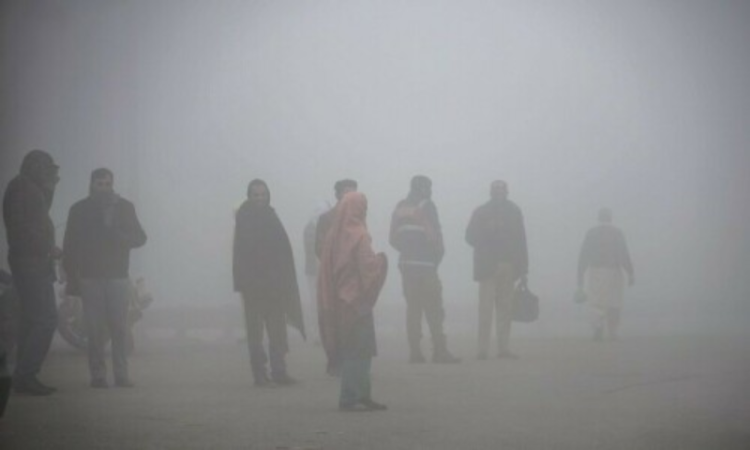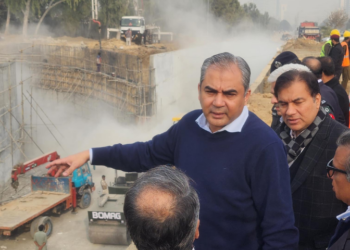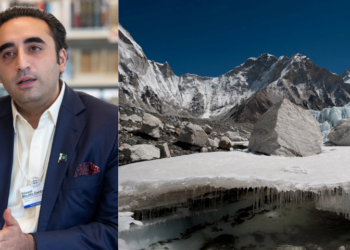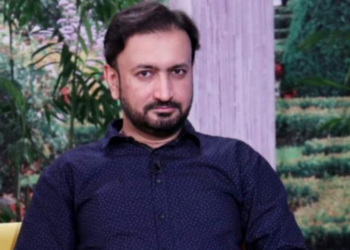Lahore, November 11, 2024-Over 11 million children under five in Punjab are at risk from severe air pollution, according to Unicef, which is urgently calling for intensified efforts to curb the crisis. Abdullah Fadil, Unicef’s representative in Pakistan, highlighted the escalating health risks facing children, with toxic smog gripping some of Punjab’s most affected districts.
The province’s air quality reached “calamity” status last month, prompting the Environmental Protection Agency (EPA) to close all special education schools in Lahore and mandate three-month leave for students vulnerable to poor air quality. Additionally, authorities have restricted public access to parks, zoos, playgrounds, and museums as pollution levels continue to rise.
The Air Quality Index (AQI) in seven cities across Punjab has consistently exceeded 400, surpassing the “hazardous” threshold of 300. Last week, air pollution levels in Lahore and Multan set new records, leading to the hospitalization of dozens, including many young children. “The air pollution is so severe it is visible from space,” Unicef noted in a statement.
Fadil expressed grave concerns, saying, “Over 11 million children under five are now breathing toxic air in these hardest-hit areas.” He noted that even before the current crisis, air pollution was a significant cause of mortality among young children, contributing to roughly 12% of deaths under five in Pakistan.
“Young children are particularly vulnerable because of their smaller lungs and developing immune systems,” Fadil warned. He explained that inhaling high levels of particulate pollution can damage brain tissue and hinder cognitive development, with lasting effects. Pregnant women are also at risk; exposure to polluted air raises the likelihood of preterm birth, respiratory issues, and low birth weight.
With schools shut down until November 17, nearly 16 million children in Punjab face educational disruption, with classes now shifted online.
Fadil urged the government to uphold children’s “right to clean air.” He advocated for reduced emissions from agriculture and industry, along with investment in clean energy and sustainable transportation as critical steps to protect children’s health. He also called for the immediate reinforcement of existing air quality regulations.
The upcoming COP29 climate summit, Fadil emphasized, is a chance to commit to real climate action: “We cannot allow children to keep breathing toxic air. The health, education, and future of millions of children depend on urgent action now,” he said.









